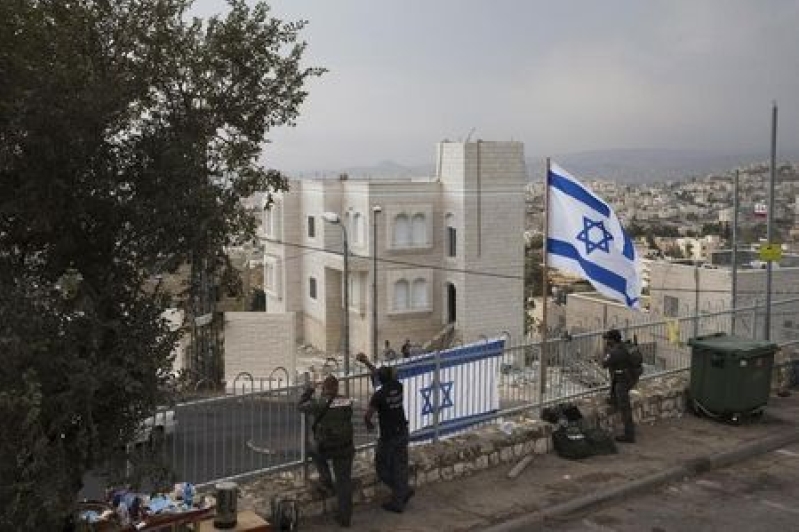
The United States declined to use its veto powers in a United Nation's Security Council resolution to stop Israel from building settlements in the Palestine-occupied territory, marking a first of such action that runs counter to Israel's interests in the region.
According to Reuters, the UN Security Council has passed the resolution declaring the ongoing construction of settlements illegal with 14 votes in favor out of the total 15-member council. This is the first stance of the United States that seemed to break its record of being recognized as one of the strongest allies of Israel.
Israel Prime Minister Benjamin Netanyahu, however, minced no words in expressing their disappointment over the resolution. In a statement, Netanyahu said that "Israel rejects this shameful anti-Israel resolution at the U.N. and will not abide by its terms."
"At a time when the Security Council does nothing to stop the slaughter of half a million people in Syria, it disgracefully gangs up on the one true democracy in the Middle East, Israel, and calls the Western Wall 'occupied territory'," says Netanyahu.
Regarding the US abstention on the voting, Netanyahu adds that "the Obama administration not only failed to protect Israel against this gang-up at the UN, it colluded with it behind the scenes. Israel looks forward to working with President-elect Trump and with all our friends in Congress, Republicans and Democrats alike, to negate the harmful effects of this absurd resolution."
The resolution was initially withdrawn by Egypt after it was believed to be experiencing pressure from Israel and president-elect Donald Trump but was then re-endorsed by council members from Malaysia, New Zealand, Venezuela, and Senegal. The approval of the resolution was met with a resounding applause from council members in the chamber.
Trump, in an unprecedented move from a president-elect of the US, openly expressed via social media about pushing to use Washington's veto powers in favor of the settlements. Trump also somewhat intervened on the matter regarding foreign policy by speaking with Netanyahu and Egyptian President Abdel Fattah al-Sisi before Egypt withdrew the resolution.
"As to the U.N., things will be different after Jan. 20th." Trump tweeted after the passing of the resolution, which pointed to his leaning towards voting against it. Trump will be inaugurated as the next US president on January 20.
The matter on Jewish settlements being constructed in what Palestine claims to be its territory has been one of the most contentious issues between Israelis and Palestinians. This has also been the bone of conflict that exists between the two nations and an obstacle for peace efforts.
Close to half a million Jews reside in settlements since 1967 constructed by Israel after it occupied East Jerusalem and the West Bank from Arab control. Since then, many Arab nations have been charging Israel for the illegal nature of the settlements based on existing international laws, which the Jewish nation has been disputing since then.






